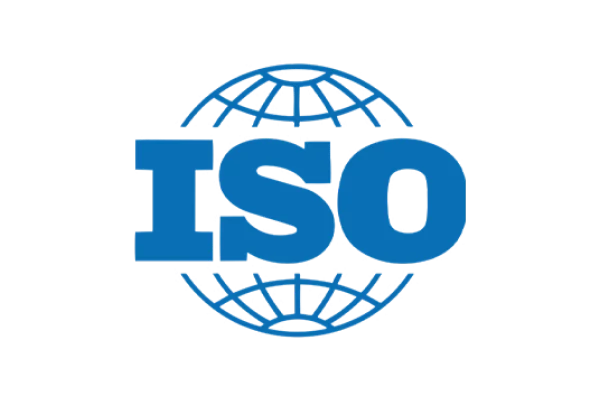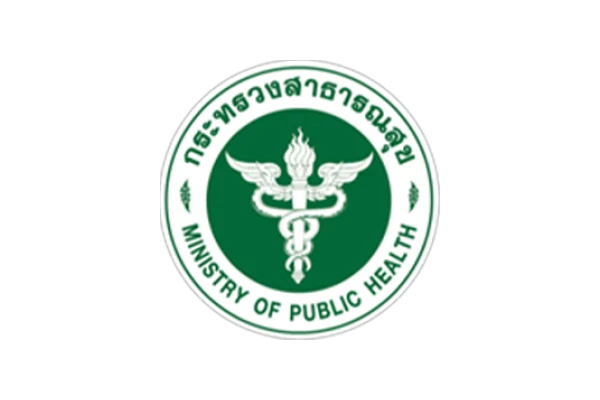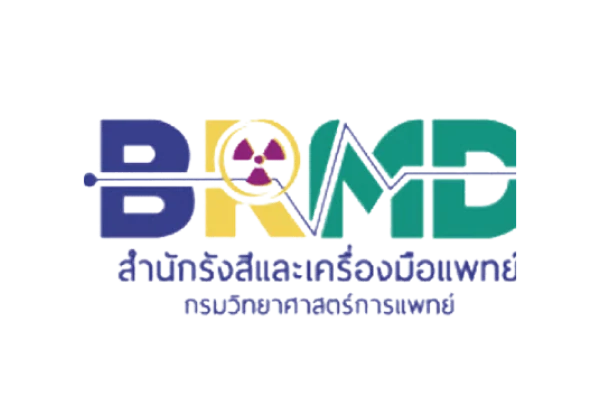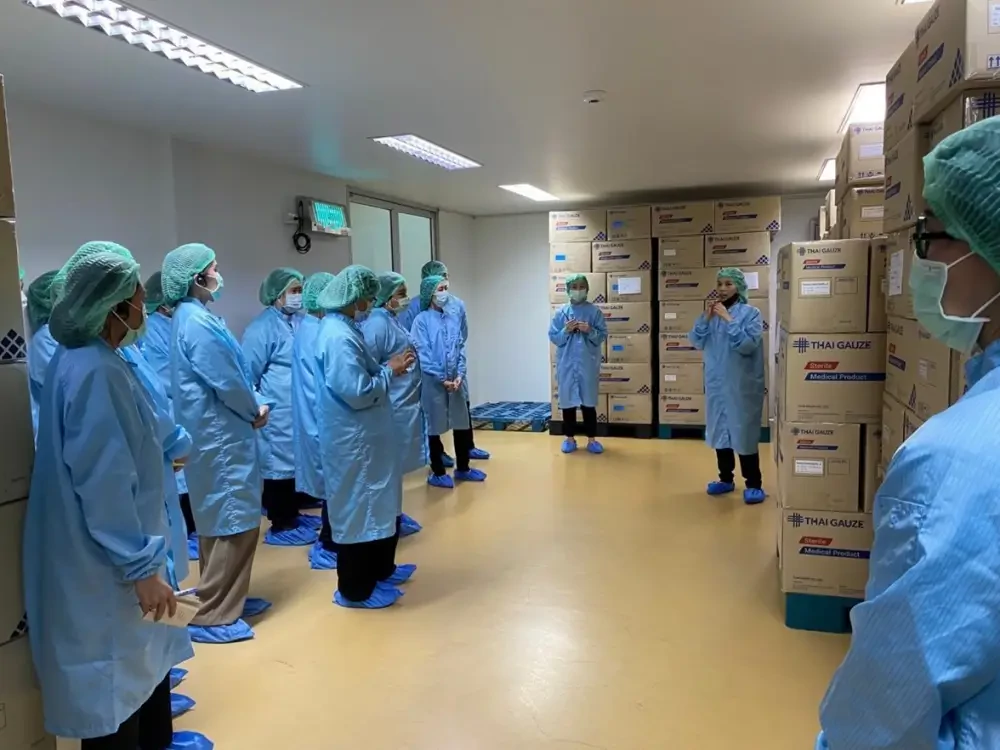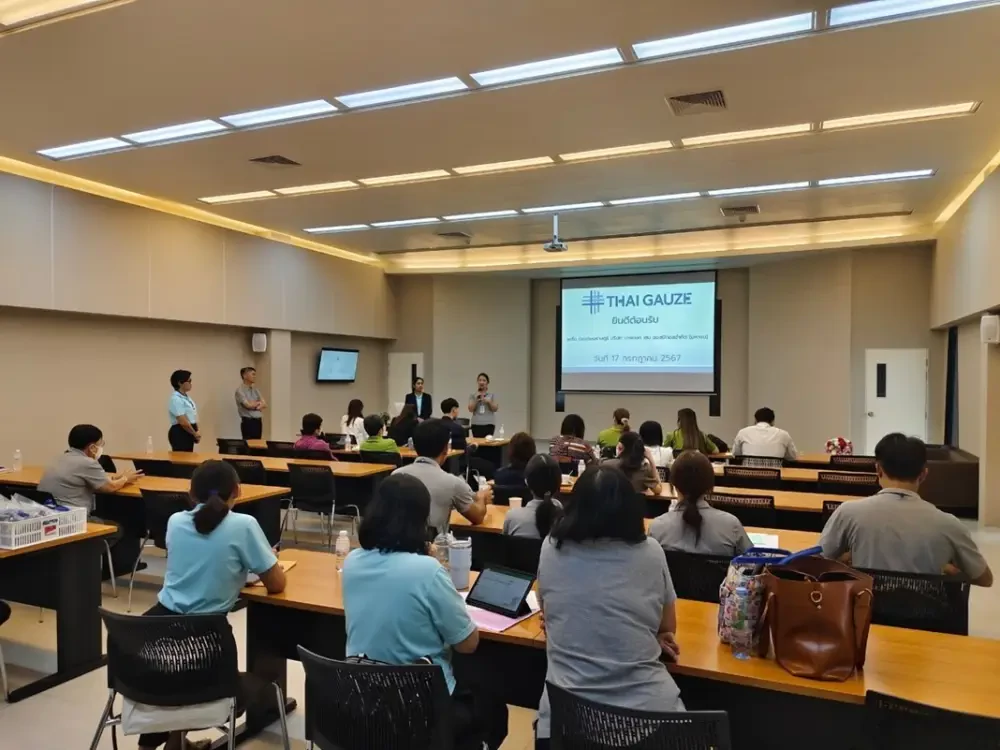Economy
Economic Sustainability
BCH recognizes the importance of corporate governance and economic issues as key dimensions of sustainability that directly impact operational efficiency and long-term competitiveness. It adheres to principles of transparent, fair, and ethical business practices in line with good corporate governance, alongside respecting human rights, managing risks, and responsibly overseeing the supply chain. Additionally, the Company leverages information technology to develop service systems while prioritizing data security and privacy, aiming to build satisfaction and trust among all stakeholders.
Economic Sustainability Management Goals
Economic Dimension
Goals
The Company prioritizes customer satisfaction by setting a customer satisfaction goal to achieve a satisfaction score of at least 80% in operations every year.
Economic Dimension
Goals
- Communicate, disseminate, and ensure full understanding of the anti-corruption policy among the Board of Directors, employees, and business partners, targeting 100% awareness by 2025.
- Achieve 100% awareness of employees and business partners on the Code of Conduct to guide their work practices by 2025.
- Manage risks, including economic, social, and environmental factors, at levels that do not adversely affect the company’s operational performance.
Economic Dimension
Goals
Achieve 100% awareness of the company’s Supplier Code of Conduct among business partners through the company’s website by 2025.
Economic Dimension
Goals
Organize annual innovation competitions within the hospital group and consistently support technology and innovation development.
Responsibility towards patients
BCH places the highest priority on patient safety. Accordingly, the organization has implemented comprehensive processes and policies to ensure the quality of healthcare services, adhering to both national and international standards. These measures aim to mitigate potential risks to patients and the organization. BCH is dedicated to continuous and systematic improvement through the adoption of recognized quality management systems in patient care, including the national Hospital Accreditation (HA) by the Institute of Hospital Quality Improvement and Accreditation, as well as the international Joint Commission International (JCI) standards. Additionally, the company has also received certification for the following standards:
Accreditation and Standards
Download
มาตรฐานระดับสากล จาก Joint Commission International : JCI
8
hospitals

มาตรฐานคุณภาพ สถานพยาบาล Hospital Accreditation : HA
5
hospitals
Customer Satisfaction
The Company realized an opportunity for business development by analyzing customer feedback and continuously improving customer satisfaction. The indicators used were based on the H A P P Y principle, covering 5 aspects as follows:
Measurement of customer satisfaction rate: 92.50%
Measurement of customer retention rate: 80.87%

Corporate Governance and Business Ethics
BCH places great importance on conducting business with transparency and adhering to good governance principles. It has established a clear anti-corruption policy that encompasses the main policy, an anti-corruption practice manual, and a written whistleblowing and complaint policy. This ensures that the board of directors, executives, and employees at all levels are fully informed and strictly comply with these guidelines.
Supply chain management
Due to the international political and economic situation causing global market uncertainties, including changes in trade, product shortages, fluctuating raw material prices, and delivery constraints, the company places great importance on risk management and rapid adaptation. This is especially focused on supply chain management, such as efficient procurement planning, building long-term relationships with suppliers, and strengthening collaboration with all stakeholder groups.
Comprehensive Risk Assessment Covering Environmental, Social, and Governance
BCH has integrated sustainability principles covering environmental, social, and governance (ESG) aspects into its supply chain management processes to promote responsible business practices across the value chain, from upstream to downstream. This approach enhances opportunities, mitigates risks, and strengthens the Company’s long-term competitiveness. In addition, BCH is committed to supporting local procurement by prioritizing the selection of suppliers that meet quality, safety, and sustainability standards, thereby contributing to the local economy and creating shared value with surrounding communities continuously.
In 2024, the Company assessed its key suppliers in the pharmaceutical and medical supplies category, as well as an additional 10 suppliers in the medical equipment and general procurement categories (as of December 31, 2024). The assessment results indicated no significant environmental, social, or governance risks among these suppliers.
Supplier evaluation and site visits
BCH conducts assessments and site visits primarily with key suppliers and those identified as high-risk. Visits to other suppliers will follow subsequently. After the supplier assessment and site visit, the supplier is required to report back with an action plan and corrective measures to address any non-compliance issues or corrective action requests (CAR) received by the company. The company monitors compliance with the Supplier Code of Conduct, which covers environmental, social, and/or governance aspects. The process includes the following steps:
Critical Tier 1 Suppliers:
35 suppliers
Critical non-Tier 1 Suppliers:
38 suppliers
All suppliers of the company:
618 suppliers
Proportion of suppliers evaluated:
100%
Technology and innovation development
The Company places great importance on adopting advanced medical innovations and technologies, combined with the expertise of its medical team, to enhance treatment efficiency and improve patients’ quality of life, enabling them to return to normal living. Additionally, the Company strives to create a service experience that is distinctive and exceeds the standards of typical hospitals.
Kasemrad App
The Kasemrad Hospital application was developed to enhance users’ health experience by offering comprehensive healthcare and medical services. It integrates modern technology and innovation to enable users to access hospital services conveniently, quickly, and securely.
Kasemrad Ari Radiation Oncology Clinic
The Company has launched the Kasemrad Ari Radiation Oncology Clinic, the first specialized clinic in Nonthaburi province to offer comprehensive radiotherapy services. The clinic is specifically designed to support cancer patients and those requiring radiation treatments. It is equipped with advanced medical technologies, such as 3D treatment planning systems, high-energy Intensity-Modulated Radiation Therapy (IMRT), and Image-Guided Radiation Therapy (IGRT), to ensure precise targeting, minimize impact on surrounding tissues, and enhance treatment effectiveness.
CT Simulation
3D Imaging Technology for Precision in Radiation Therapy
CT Simulation, or computed tomography simulation, is a crucial step in planning radiation therapy. It enables physicians to visualize the exact shape, size, and location of the tumor, along with surrounding organs, in three dimensions. This allows precise mapping of radiation direction and coverage, minimizing impact on healthy tissues while enhancing the accuracy and effectiveness of cancer treatment.
The capacity to accommodate over
3,600+
patients per year.
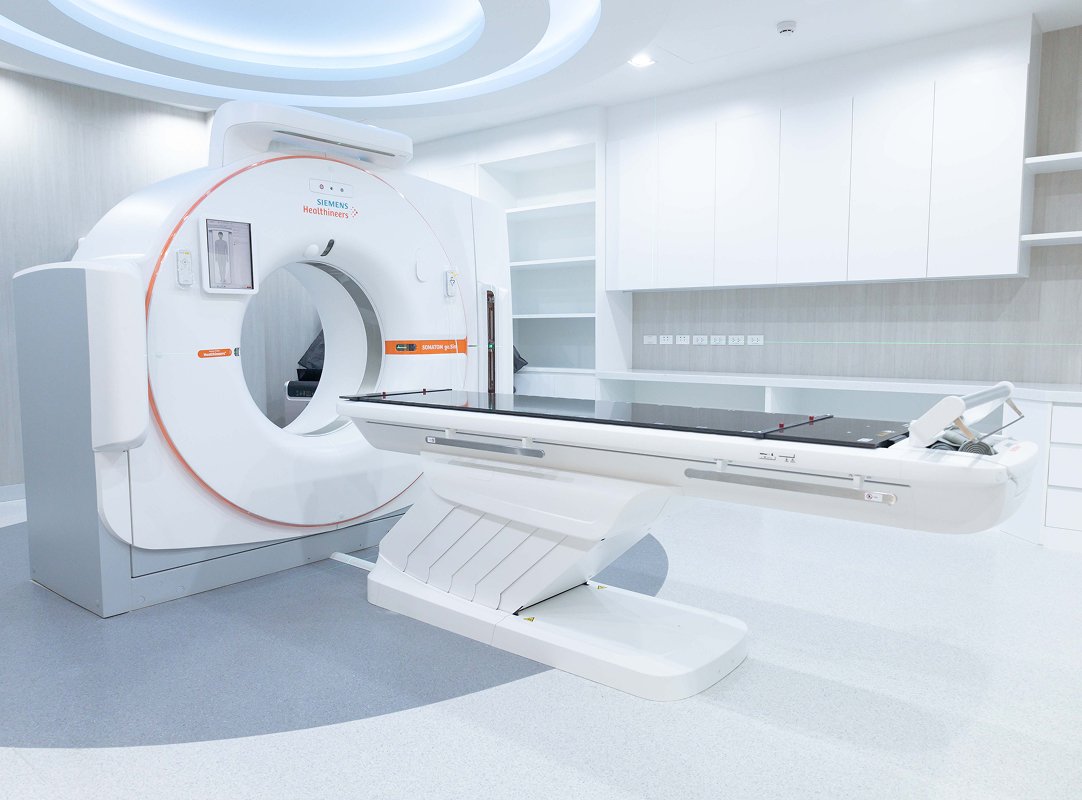
TRUE BEAM
Advanced Radiation Therapy – Accurate, Fast, and Patient-Friendly
TRUE BEAM is an advanced radiation therapy system that integrates real-time imaging with beam delivery. It can track tumor movement caused by breathing and dynamically adjust the beam to maintain precise targeting. This technology allows high-dose radiation delivery in shorter sessions often just a few minutes per day enhancing treatment efficiency, safety, and patient comfort.
The capacity to accommodate over
21,900+
patients per year.

Brachytherapy
Targeted Cancer Treatment Using Internal Radiation
Brachytherapy is a form of internal radiation therapy that places a radioactive source directly inside or near the tumor. Materials like Iridium-192 are commonly used to deliver high-precision radiation to the targeted area. This method minimizes exposure to surrounding healthy tissue, reduces side effects, and significantly improves localized cancer control.
The capacity to accommodate over
1,000+
patients per year.









